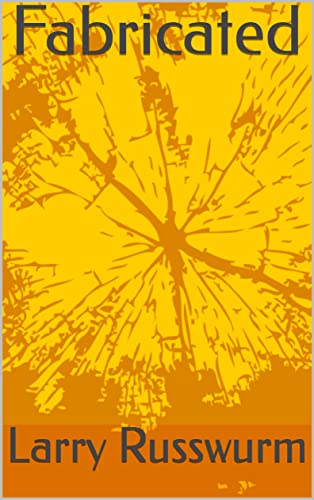When the explorer Cabot got to Newfoundland in 1497, Columbus had already discovered America, so, it was definitely possible that this was the same land that Columbus had discovered. Still the name Newfoundland eventually did stick. Perhaps the British had every intention of using it as an excuse to settle and trade in the Americas, instead of just letting Spain and Portugal do whatever they wanted there.
But, perhaps, the British knew the history of this large island. They could have heard about the Viking sagas of settling a new colony past Iceland, past Greenland. A place they called Vinland. If these sagas were true, the Vikings were the first to discover these lands for Europeans.
Maybe the British tried to bury these discoveries, also, by calling it Newfoundland. This way they had a better claim to its shores and all that fish in the Grand Banks off Newfoundland. Better to ignore the rumoured Vinland and claim this land for themselves.
It was only in the modern era when it was discovered that the Vikings left some remains in L’Anse aux Meadows. This was authenticated by archaeologists and is still the only known Viking Settlement in North America.
It’s possible that the indigenous Beothuk drove them out.
Could the British have guessed this? Is that why the Beothuk became exinct in British times? Did the British deliberately kill them with diseases and starvation (the British overtook the coasts and left the Beothuk with little access to the rich fishing)? So the British in their turn wouldn’t be wiped out by the Beothuk?
Or did the British wipe out the Beothuk in revenge for the wiping out of the Vikings in North America?Was there some secret cabal of white power, even back then?
And wouldn’t the Beothuk be more likely to call this island, Oldfoundland? Who knows how many thousands of years earlier it was for the Beothuk and their ancestors to find it.
Ahh, Newfoundland. Your statement of a name just leads to so many questions and possibilities about it.

